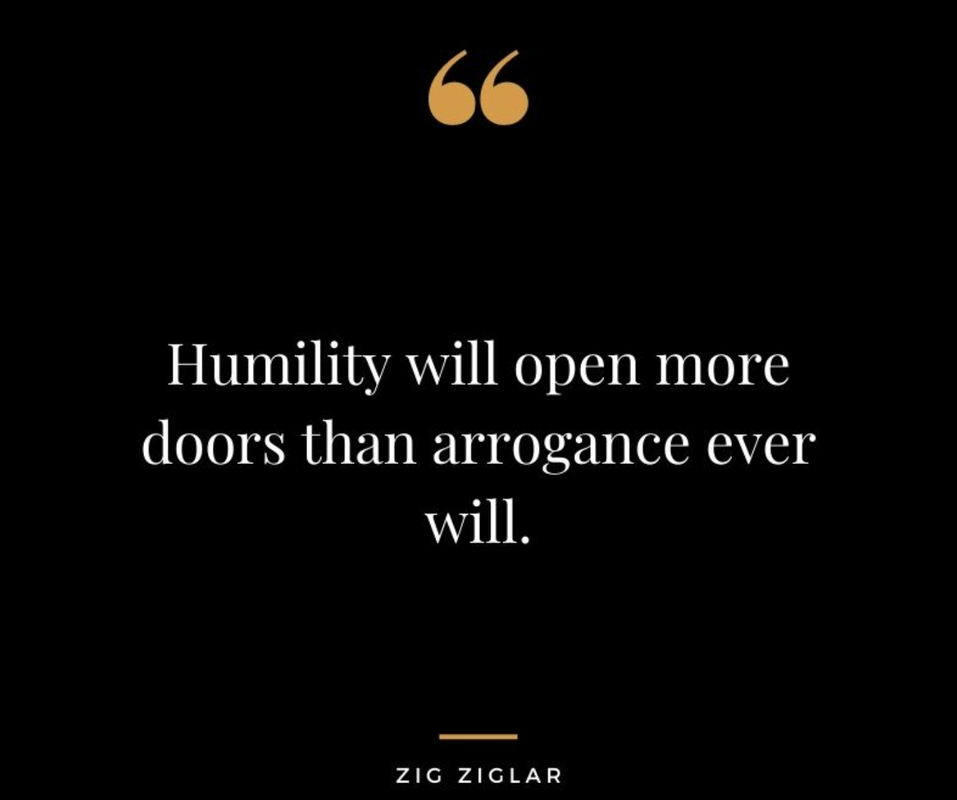|
Top-down leadership is not only outdated, it’s also incredibly counterproductive in this day and age. It simply doesn’t work as it once did, yet many leaders still feel the need to direct and command from above. Perhaps it’s self-imposed pressure, fear of looking incompetent, or the need to appear in complete control that causes these types of leaders to undervalue and push aside the importance of prioritizing people and relationships in their organization.
The very best leaders feel pressure. They want to succeed. They want to be seen as competent. They want to make a difference and must make tough decisions. However, the key difference that distinguishes them apart from ineffective leaders is that they consistently focus on helping the people in their organizations feel purposeful, motivated and energized. They understand that doing so allows these people to show up as the best version of themselves possible and do great work for the organization. A win-win for all. American writer, speaker and leadership guru, Dr. Steven Covey, once posed this question: How does humility manifest itself in leadership and life? He went on to share his thoughts about this question by saying; “A humble person is more concerned about what is right than about being right, about acting on good ideas than having the ideas, about embracing new truth than defending an outdated position, about building the team than exalting self, about recognizing contribution than being recognized for making it.” In one of his amazing talks, British-American author and inspirational speaker, Simon Sinek, shared a story that perfectly sums up the importance of humble leadership. This story begins with the former Under Secretary of Defense for the United States who was invited back-to-back years to give a speech at a huge conference. As acting Under Secretary of Defense, he was flown in first-class to the conference, picked up at the airport and brought to his hotel where someone had already checked him in. He was able to go directly to his room, have a great sleep and when he came down to the lobby the next morning, someone was there to greet him and bring him to the conference. Once at the conference, he was ushered through the back door directly to the green room. A hot cup of coffee was handed to him in a beautiful, ceramic mug. Soon after that he gave his speech and the royal treatment continued until the end of the conference. The following year, he was invited back to the conference to speak again. However, this time, he was no longer the Under Secretary of Defense. It was in the second year that he flew economy to the conference. He had to take a taxi to the hotel and check himself in. When he went down to the lobby in the morning, nobody was there to greet him. He then took another taxi to the conference and went through the main entrance of the building. He made his way backstage to get ready for his talk and asked someone where he could get a cup of coffee. The person pointed to a coffee machine in the back corner of the room. The former Under Secretary of Defense then went over to the coffee machine and poured himself a cup of coffee in a styrofoam cup. Unexpectedly, he chose to share this story during the speech he gave in the second year. He did so to illustrate the point that the ceramic cup of coffee he had been given in the first year was never meant for him. It was meant only for the position that he held at the time. He went on to emphasize that as people gain positions of authority and seniority, they will be treated better. People will do them favors, give them things, be careful of what they say around them, hold doors open for them and deliver hot cups of coffee or tea to them. However, this type of treatment/behavior is not meant for them personally. It's meant for the title they hold in the moment. The former Under Secretary of Defense shared this story to let every single leader in the audience know the importance of having humility and gratitude. And to remember that every single one of them deserves nothing more than a cup of coffee in a styrofoam cup. They are no better than those who they serve. They may hold a position of power that allows them privileges, more pay, and other perks, but at the end of the day, their responsibility is to work alongside others. Humble leaders know that the world doesn’t revolve around them and that they are there to serve, inspire, engage, and bring out the best in others. As well-known motivational speaker, Zig Ziglar once said, “Humility will open more doors than arrogance ever will.” If you are a leader reading this, try to carve out some time to reflect on these questions. To what extent do you demonstrate humility and gratitude in your role as a leader? To what extent do you prioritize people and relationships over end goals? To what extent are you able to juggle the fine balance between needing to control versus the importance of inspiring, engaging, and empowering those who you serve through your leadership? Leadership is a tough gig. But those who do it well understand and demonstrate the importance of humility and gratitude with consistency in their role. Thanks for reading.
0 Comments
Leave a Reply. |
AuthorKAUST Faculty, Pedagogical Coach. Presenter & Workshop Leader.IB Educator. #RunYourLife podcast host. Archives
September 2022
|
- Welcome
- All Things Teaching and Learning
- The Aligned Leader Blog
- Consulting and Coaching Opportunities
- My TED X Talk
- My Leadership Blog
- Run Your Life Podcast Series
- How PYP PE with Andy Has Helped Others
- Good Teaching is L.I.F.E
- The Sportfolio
- Example Assessment Tasks
- PYP Attitude Posters (printable)
- Publications

 RSS Feed
RSS Feed
